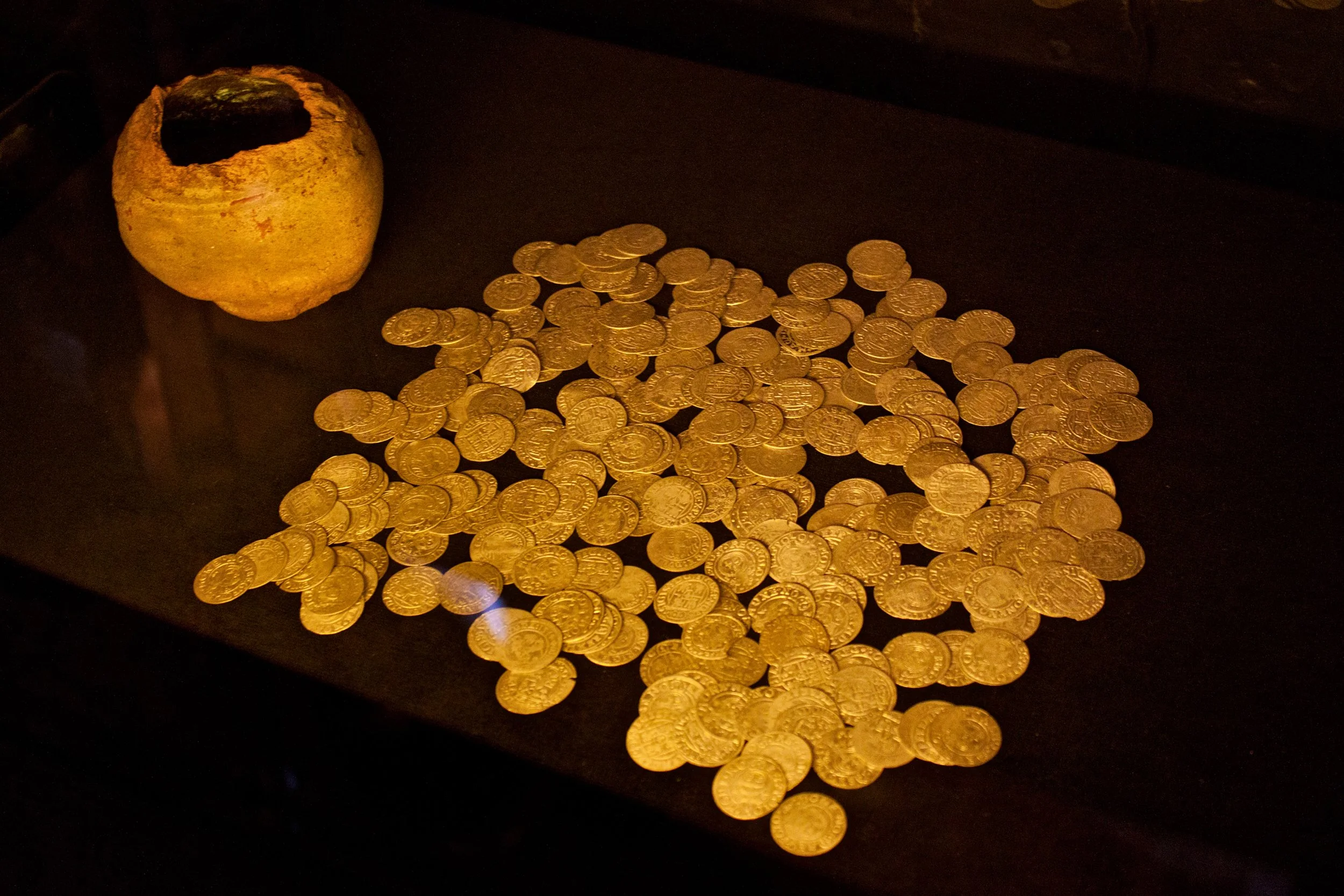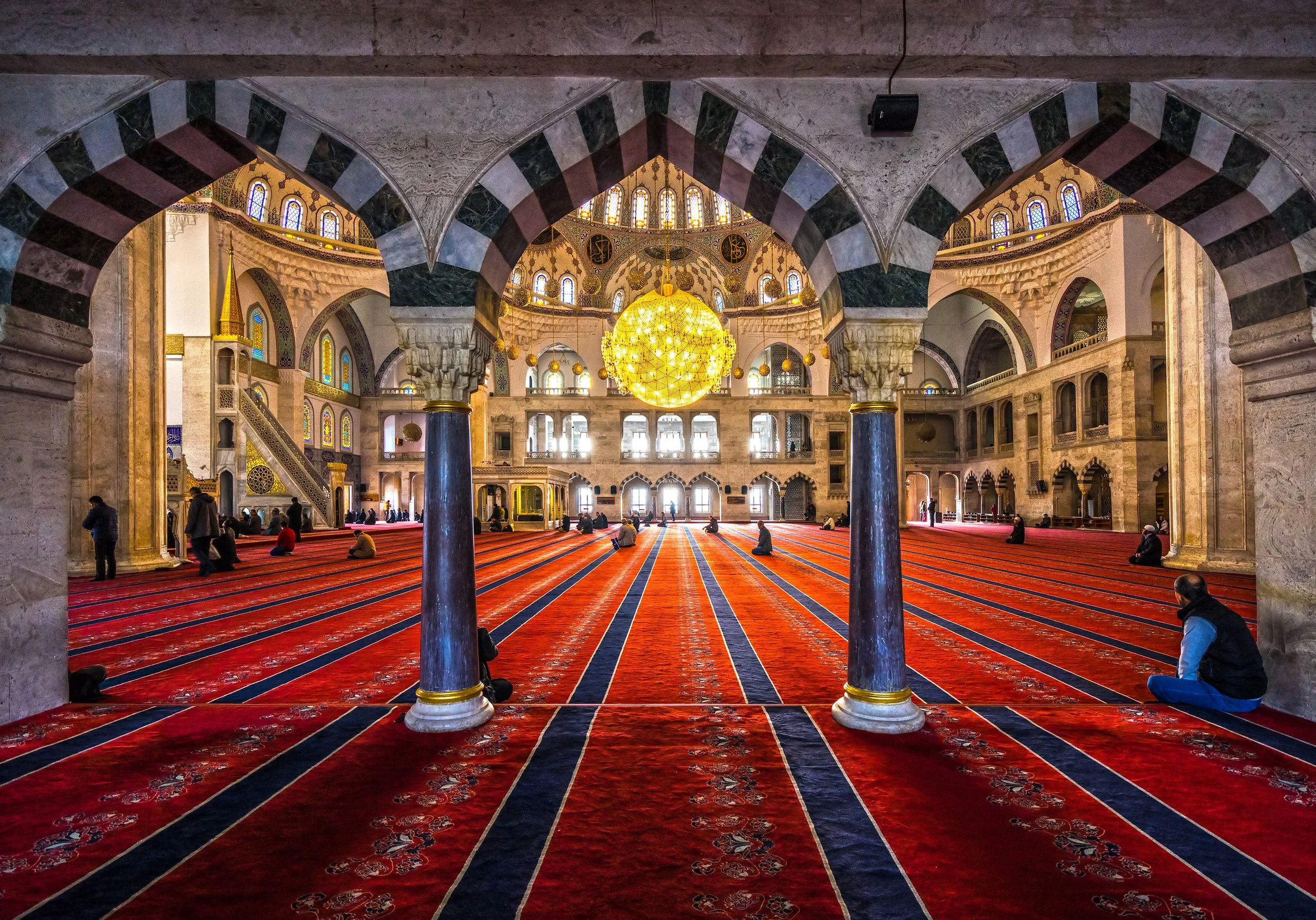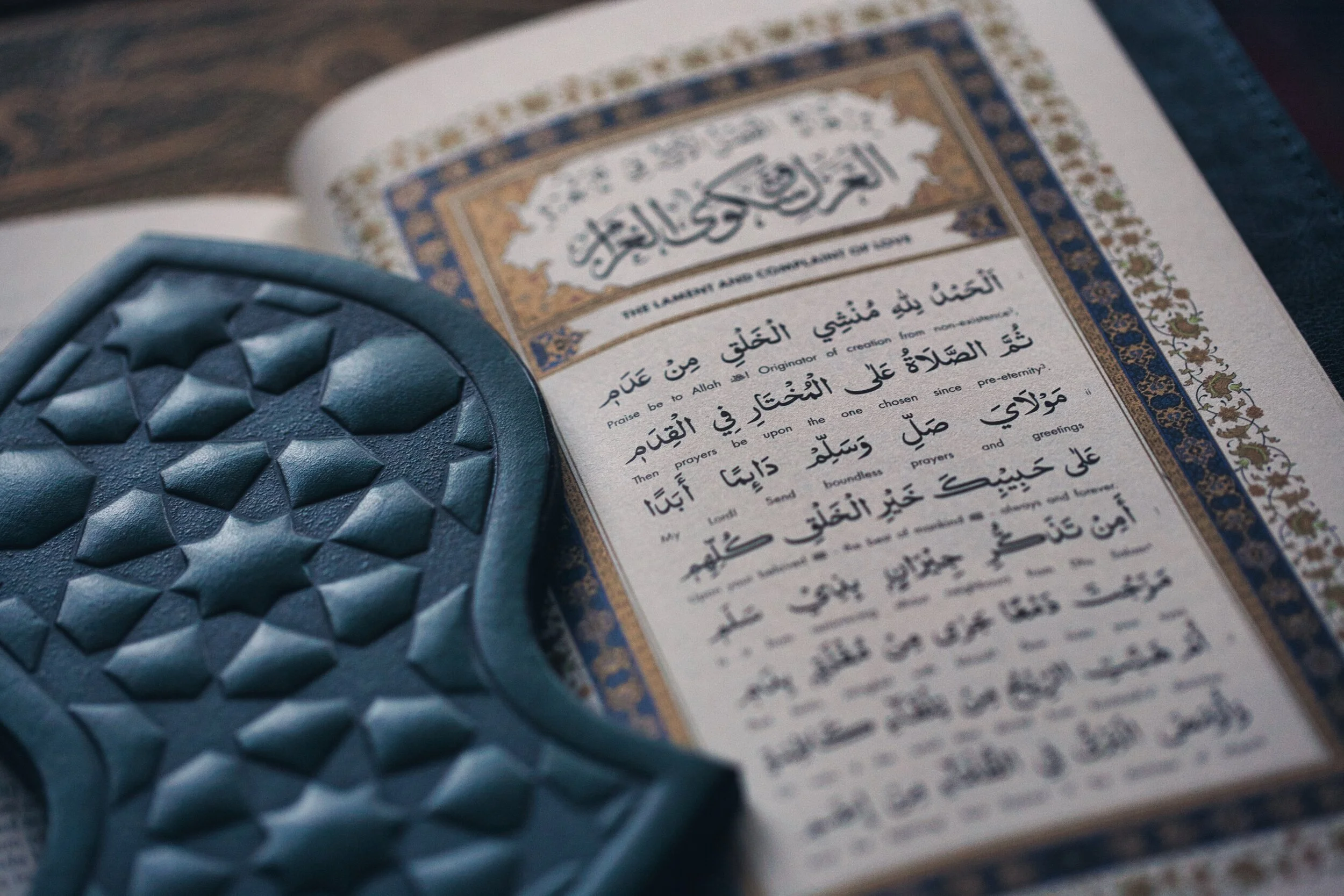The Khasa'is genre of literature revolves around the unique characteristics and distinctive features of the Prophet Muhammad ﷺ.
The term khasa'is is derived from the Arabic language, meaning "unique characteristics" or "distinctive features." This genre of literature aims to celebrate and elevate the status of the Prophet Muhammad ﷺ by emphasizing his exceptional qualities and the special relationship he held with Allah. Khasa’is constitutes a significant part of Islamic scholarly tradition, as it focuses on the life, virtues, and miracles of the Prophet.
The Origins of the Khasa’is Genre
The Khasa'is literature emerged as a distinct genre in the early Islamic period, with scholars and theologians dedicating their works to exploring and narrating the extraordinary aspects of the Prophet's ﷺ life. These works often drew from various sources, including the Quran, Hadith, and historical accounts, to provide a comprehensive understanding of the Prophet's exemplary life ﷺ.










